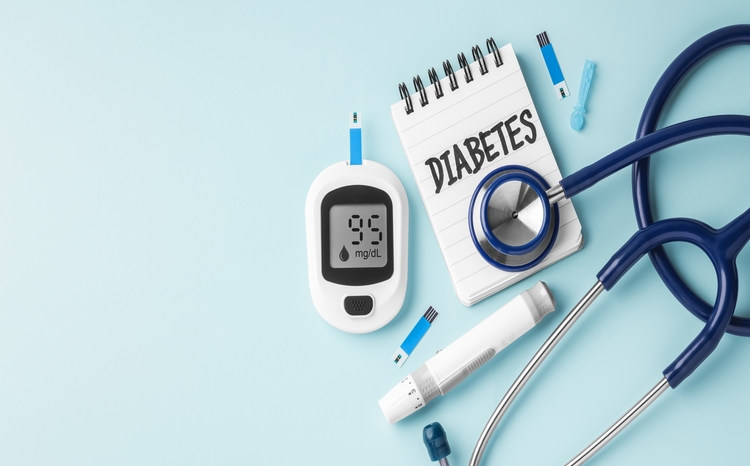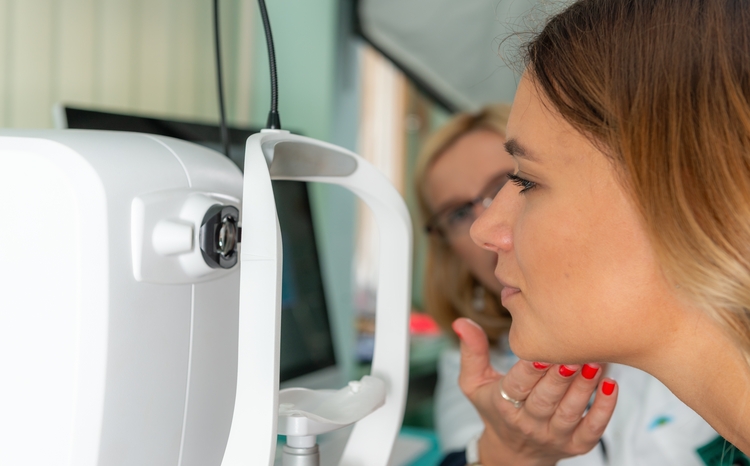Skype increases support for diabetes patients

The introduction of Skype appointments for diabetes appointments in Newham has slashed non-attendance rates in the borough and patients feel more supported to self-care.
The pilot scheme, Diabetes Appointments via Webcam in Newham, or DAWN, was launched by the diabetes team at Newham University Hospital (now part of Barts Health NHS Trust) in 2011 with funding from a SHINE award from the Health Foundation.
Initially aimed at 16-25 year olds, the project aimed to address high clinic non-attendance rates. In the four years the scheme ran, 480 webcam appointments were carried out and non-attendance rates dropped from 30-50% to 16%.
Skype is already widely used by Newham residents, so it was relatively straightforward to roll out, said Desiree Campbell-Richards, a research nurse at Newham University Hospital. Confidentiality regulations were made clear in the appointment agreement, and patients were encouraged to consider their own privacy.
Once the initial proof of concept study had been carried out in 2011 with 16-25 year olds, the scheme was extended to other diabetes patients who had disengaged from the service.
The service worked in two ways, said Campbell-Richards: “Initially fixed appointments were being given, and the Skype appointment ran through the same process as if it was a face-to-face appointment. Then after feedback from the focus groups we added the ability to initiate an appointment.”
Patients could send a message to the specialist nurse or doctor between fixed appointments, to see when they would be available for a Skype call and the reduction in non-attendance rates was not the only benefit.
“They said the interaction with the clinician was a more honest interaction, because they felt that the clinician's focus was very much on them,” said Campbell-Richards.
“The nurse felt the same – she said patients felt at ease to discuss a lot of things, because a lot of them would be Skyping from home. So the nurse felt the shift in dynamics was quite a powerful thing.”
Skype also enabled patients to access a greater level of support, she added.
“People were saying to us, ‘I feel more confident now to make decisions because I know there is that support available to me. I am now able to check things when I do them as opposed to waiting for an appointment in three months time’.”
In one case, a patient who would otherwise have attended Accident and Emergency several times had used Skype to make contact with the specialist nurse for advice.
Patients also felt that the Skype service allowed them to integrate appointments into their life more successfully: “It made managing diabetes far easier because it just fitted in with their work-life balance, because previously they had to take time out to go to an appointment, so it’s helped to minimise the disease burden.”
The success of the diabetes scheme has led to the creation of the Vocal project, which as well as continuing to offer Skype-based appointments to diabetes patients, extends the service to patients with other conditions, including those who have experienced cancer surgery.




